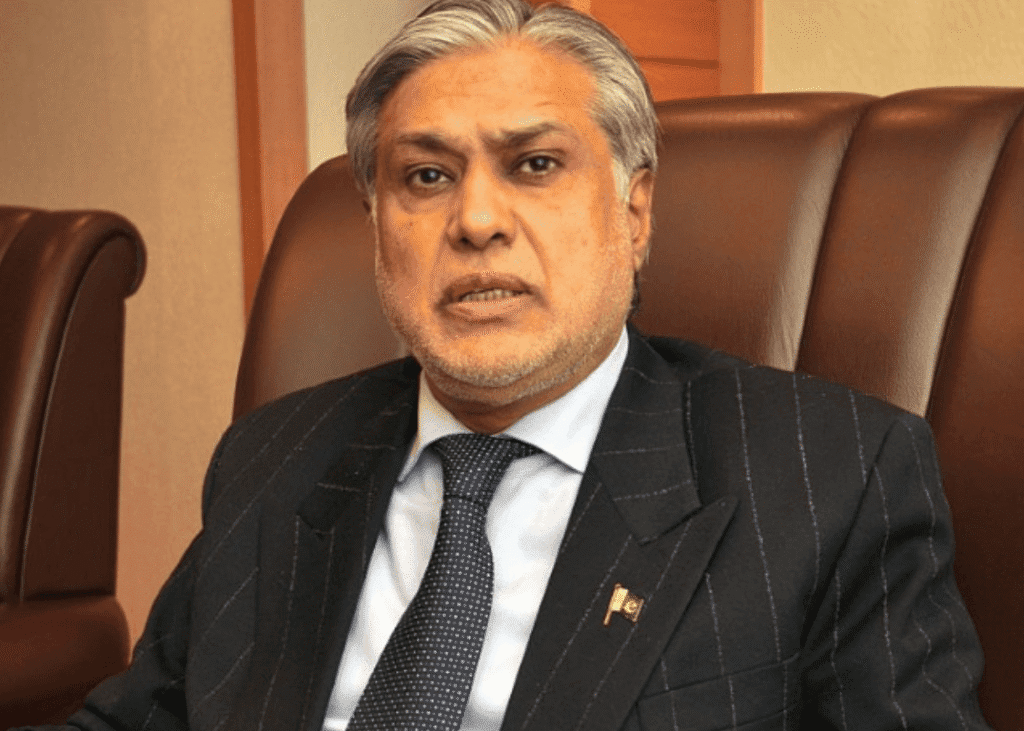Deputy PM Dar Declares Pakistan Will Respond Firmly to Any Indian Aggression
Deputy Prime Minister and Foreign Minister Muhammad Ishaq Dar affirmed Pakistan’s resolve to respond strongly to any Indian aggression, emphasizing that the country would not initiate conflict but would take decisive action if provoked. Speaking during a session of the Senate on Tuesday, Dar highlighted Pakistan’s united stance across political and military lines, a sentiment reinforced by a joint message from the National Security Committee and echoed in Parliament.
Dar thanked lawmakers from both the opposition and the government for their unified response, noting that the resolution passed by Parliament sends a clear and powerful message to the international community. The resolution, he stated, reflects Pakistan’s commitment to defending its sovereignty and responding to any threats.
The Deputy Prime Minister shared details of Pakistan’s diplomatic outreach, revealing that he had been in touch with the foreign ministers of several countries, including Saudi Arabia, the UAE, Qatar, China, the UK, Türkiye, Azerbaijan, Kuwait, Bahrain, and Hungary. Dar also noted his direct conversation with the Prime Minister of Qatar, highlighting Pakistan’s diplomatic efforts to garner support amid rising tensions with India.
In his remarks, Dar referenced past incidents like the Pulwama attack, pointing out how India used such events as a pretext to escalate tensions, including revoking Jammu and Kashmir’s special status. He firmly rejected India’s allegations of Pakistan’s involvement in the recent Pahalgam attack, reiterating, “Pakistan has nothing to do with this attack.”
Dar also noted that both China and Türkiye had expressed their support for Pakistan during discussions, signaling broad international backing for Pakistan’s stance. Despite this, he cautioned that India might seek to escalate tensions further but reassured the Senate that Pakistan would not initiate conflict, stressing, “If India acts aggressively, we will respond accordingly.”
The Foreign Minister also raised concerns over India’s ongoing attempts to alter the 1960 Indus Water Treaty, citing claims of changing circumstances. Dar voiced doubts about the timing of these actions, suggesting that the Pahalgam attack might be part of a larger strategy to suspend the treaty. “I have my doubts that this drama was staged to suspend the treaty,” he said.
While there was no mention of the Indus Water Treaty in India’s formal demarche, Dar revealed that India had separately indicated the potential suspension of the treaty, citing changing conditions. He emphasized that such a move would be unprecedented, as the treaty had remained intact even during past conflicts. Dar made it clear that Pakistan would treat any interference with its water rights as a serious threat and vowed that the country would not compromise on the Indus Water Treaty.
The National Security Committee has already made it clear that any violation of Pakistan’s water rights would be considered an act of war, Dar reiterated. He added that an inter-ministerial meeting had already taken place to address the matter, and dossiers were being prepared for international briefings within the next 48 hours.
The Deputy Prime Minister’s statement reinforced Pakistan’s commitment to defending its national interests, both on the diplomatic front and through strong military deterrence, in the face of escalating tensions with India.
